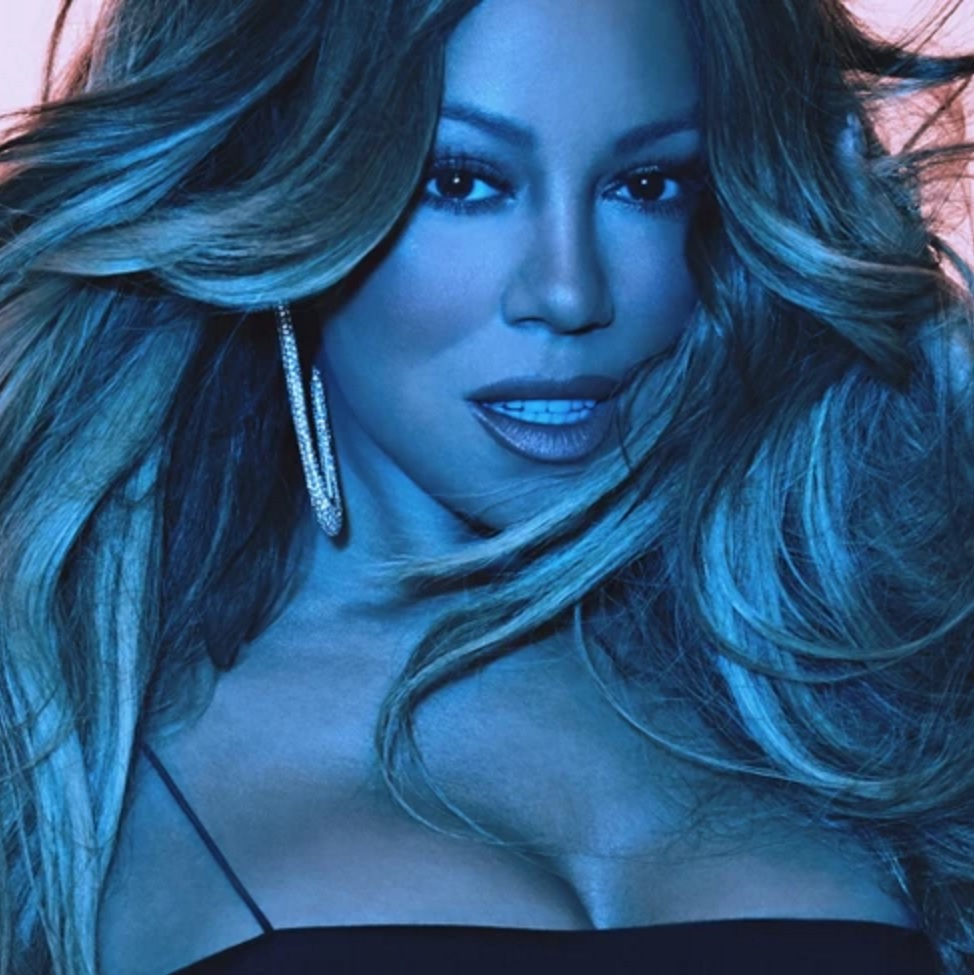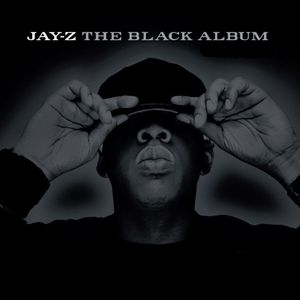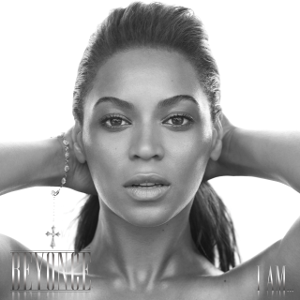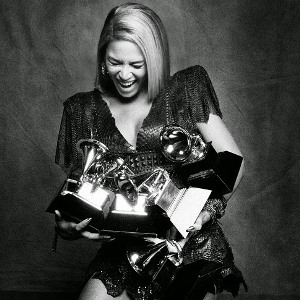Posted at 15:10h
in
Music,
Review
 Mariah Carey’s 15th studio album, Caution, dropped a few hours ago, and let me start by telling you that she did not come to appease anyone who prefers Mariah the balladeer. Whew chilay. This shit is hella “urban” (as they say).
Mariah Carey’s 15th studio album, Caution, dropped a few hours ago, and let me start by telling you that she did not come to appease anyone who prefers Mariah the balladeer. Whew chilay. This shit is hella “urban” (as they say).
The album starts with “GTFO” and “With You,” the album’s first two singles, the former of which has grown on me significantly since its release. The third song on the album is the title track, which is a sexy mid-tempo co-produced by Mariah, No I.D., SLMN and LUCA. It doesn’t sound like any No ID beat I’ve ever heard, so I’m guessing Mariah might have combined tracks to make this one. Whatever the case, the track is dope.
Tracks No. 4 and No. 5 are “A No No” and “The Distance,” and I have already expressed how amazing I think both songs are. They are followed by “Giving Me Life,” which has a beat that is laid-back and hard at the same time. If you’re familiar with her catalog, it may remind you of “Lullaby.” On the chorus, we hear Mariah reminiscing about a lover giving her life since she was 17 and feeling herself “like Norma Jean,” better known as Marilyn Monroe (one of Mariah’s biggest idols). The track features Slick Rick and Blood Orange, the latter of which co-produced the track but didn’t provide vocals.
“One Mo’ Gen,” like much of the album, is about secks; however, Mariah is somewhat more explicit on this track. It starts with Mariah asking if you like it when she puts her lips there. I don’t know where “where” is, but I’m reaching for my anointing oil. The beat is bass-heavy, and I hate to say this, but it kinda reminds me of Ariana Grande’s “Sweetener.” That being said, you can’t really copy someone who has modeled her career after yours, so that’s that on that.
Mariah shoots her shot at a potential lover on “8th Grade.” This one smacked me in the face right away, and that’s a huge statement because everything on the album so far has gotten a thumps up from me. Timbaland, who co-produced the track, comes through with his signature ad libs towards the end of the track.
“Stay Long Love You” is what the kids call a bop. The beat is bouncy as hell and Gunna (who sounds a lot like Young Thug) was a great addition. Co-produced by Mariah and the Stereotypes, this is by far my favorite song on the album. Mariah got this one right and I’m not sure why this wasn’t a lead single. If radio gives this song a chance — and if Mariah commits to making a music video that isn’t trash — this could be a huge hit.
The standard version of the album closes with its one and only ballad, “Portrait.” The song is will give you “Close My Eyes” vibes, not just because of how piano-driven it is or how personal the lyrics are, but because the melody is one that doesn’t quite settle. I’m sure Mariah put her heart into it, but this ain’t it.
The Japanese edition of the album has an 11th track called “Runway,” co-produced by Mariah, Lido and Skrillex — “The Distance” production team (sans Poo Bear). Over a sped-up loop of her own song, “Butterfly,” Mariah sings about overcoming struggles. At this point, there are few people in show business better-qualified to speak on this subject than Mariah Carey — she has been through it all and lived to tell about it.
Caution is the best album I’ve heard in a long time, and it hurts to know that it might go generally unnoticed. Mariah came through with the beats, the melodies, the vocals and the lyrics, and no objective observer can say that this album isn’t solid.
The saddest thing about the music industry is how quickly and intently it discards seasoned artists, especially when they are female. If Ariana Grande or Normani or even Beyoncé (who’s no spring chicken) put out an album like this, people would take note; but unfortunately, it was released by a 28-year veteran who simply isn’t on anyone’s radar anymore. This album will probably debut high on the charts, but it will (unfortunately) be forgotten soon, and that has nothing to do with its quality and everything to do with the basic ways of the music-buying audience.
Album rating: 9 out of 10 stars.






